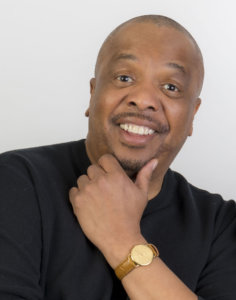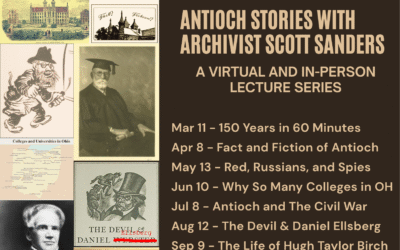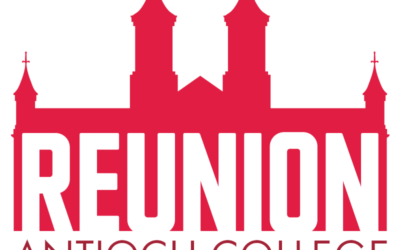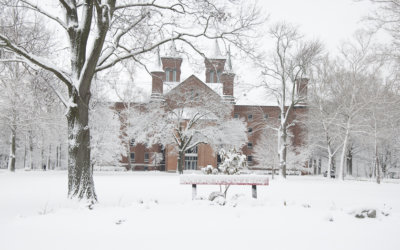During the 2021 winter quarter, students of Media Production 102 are gaining hands-on experience from Basim Blunt, WYSO ‘s senior media producer and instructor, Dayton Youth Radio Project coordinator, and host of Behind the Groove.

Basim Blunt–WYSO Senior Media Producer and Instructor, Dayton Youth Radio Project Coordinator, and Host of Behind the Groove
We talked with Basim about the course itself, handling a hands-on experiential course during a pandemic, and found out why “baptism through fire,” as Basim states, is the best way to learn!
What can students expect to learn throughout the course?
I would say, what it’s like in the real world of being a media content producer. For example, we work on strict deadlines as a student might experience being on the job at a TV or radio station, film studio etc. Turning projects in on time of course means that the student receives an academic grade. However, we discuss how much you would get paid for doing this same exact photoshoot in the real world. For example, we know that completing an edited interview on time pays around $400 and now you can budget your rent or get some groceries for that project. Turning in work late means you won’t get paid, and the whole class sees it from that perspective as well.
How is your course structured?
Media Production 102 is set up as a hybrid course. I have a setup using my MacBook, two LED lights, and a Logitech 1080p wide-angle webcam. I also walk around with a wireless lab mic, so I can interact with the students in the classroom as well as those online virtually. I have to admit, sometimes when I’m with an in-person student, I lose track that someone is online and I rush back to get in front of the camera. Most of the time both the students and I get a big laugh out of it because we understand that this is new territory for both of us due to Covid.
Why is it so important for students to have this hands-on experience?
Working in the media profession is a highly competitive career field. Most entry-level applicants don’t have a portfolio sample of their work. After taking my course, a student begins building self-produced media content that they place on the internet for a potential employer to view. I think that increases the chance of getting a callback or interview when someone can Google you and see what you’ve produced. Hands-on experience makes that happen. Students even get a chance to work the mixing board for me during my Friday night radio show–it’s literally baptism by fire and builds self confidence in their skillset.
How has the pandemic affected the class?
I’m very personable and our classroom thrives on a creative, get-it-done mentality. The pandemic has forced us to mask in the classroom for safety. Students can’t see my smile and I can’t see theirs–there’s absolutely no way to know if my jokes are funny. Being able to work as a unit using non-verbal communication cues helps me with classroom management. So it’s hard on both sides. The pandemic has helped me see this resilient character and backbone that I think defines an Antioch student. That’s something special about this college: Antioch students are tough, talented, and persevere during tough times, finding their own way, and I admire them.



